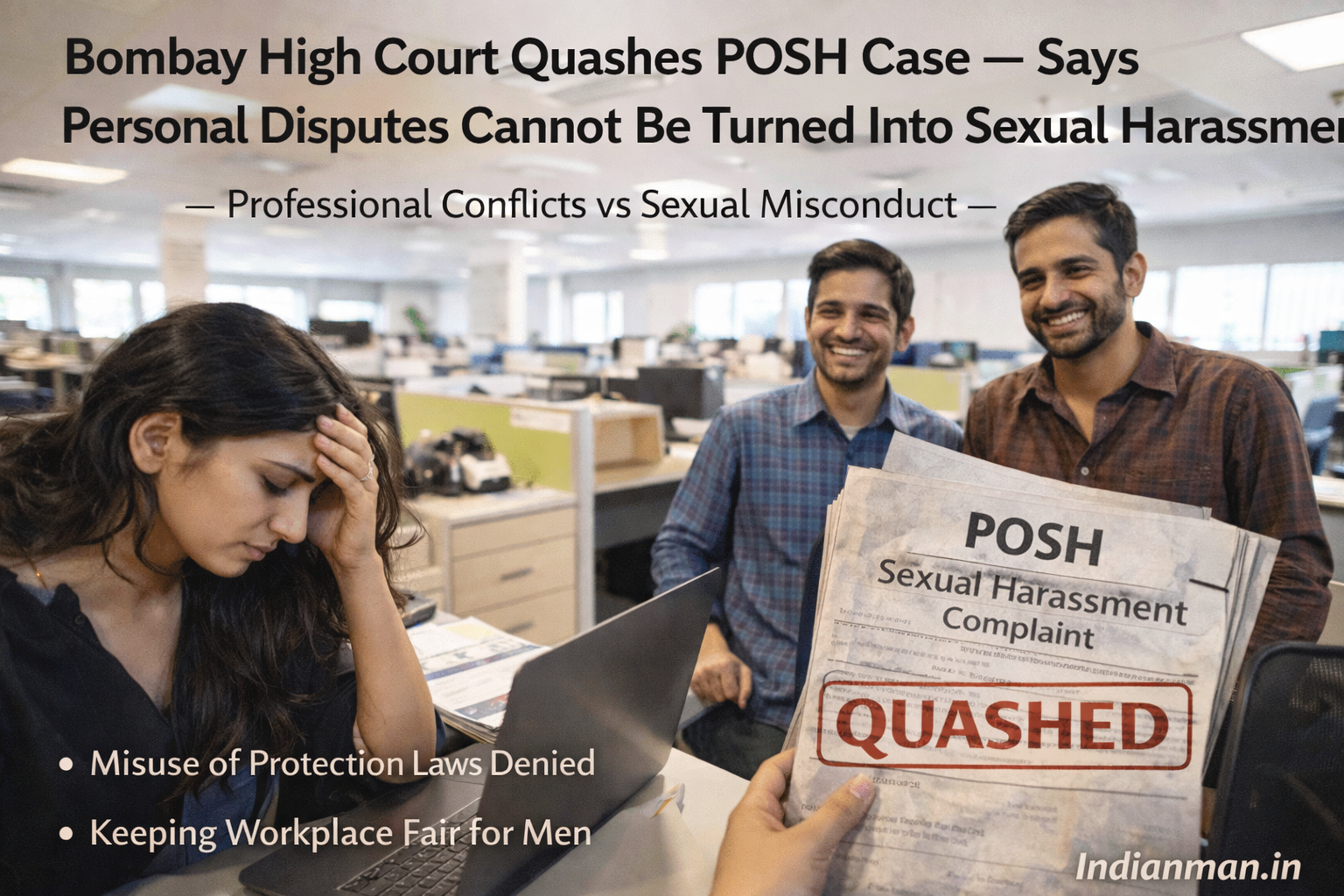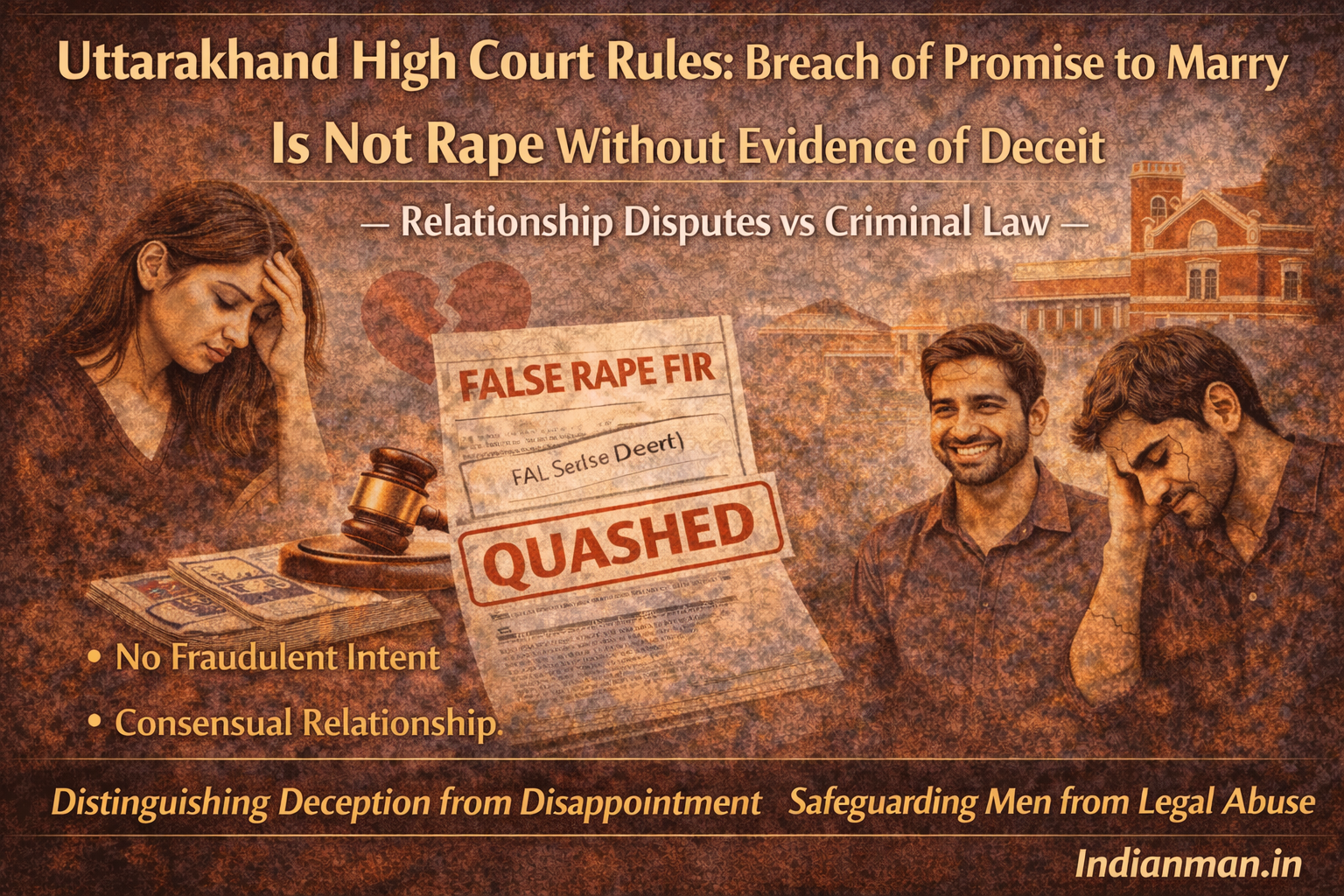The recent verdict by the Karnataka High Court, stating that a man cannot avoid trial for rape solely because the victim is his wife, has elicited mixed reactions from petitioners involved in a similar case before the Delhi High Court.
Feminist groups have welcomed the Karnataka High Court’s decision. Advocate Raghav Awasthi, representing NGOs RIT Foundation and All India Democratic Women’s Association before the Delhi High Court, described the verdict as a “welcome step” and expressed hope that it will raise awareness on the issue.
On the other hand, men’s rights activists have voiced strong concerns. Amit Lakhani, representing the Men’s Welfare Trust, criticized the judgment, arguing that it sets a dangerous precedent. He warned that the decision could lead to the creation of draconian laws that might be misused, resulting in severe consequences for falsely accused husbands. Lakhani emphasized that such laws could damage men’s lives, leading to job loss, social stigma, and unjust imprisonment, even if the allegations are later proven false.
The Karnataka High Court, in its March 23 verdict, emphasized that exempting husbands from rape trials contradicts the right to equality. The court suggested that lawmakers should address the “voices of silence” and work towards eliminating legal inequalities.
The central government has not yet taken a definitive stance on the criminalization of marital rape, indicating that it requires consultations with state governments and other stakeholders. The government highlighted the potential social and familial impacts of such a decision and stressed the need for a consultative process.
In a 2017 affidavit, the Centre opposed the criminalization of marital rape, arguing that it could destabilize marriages and become a tool for harassment. However, in January, the Centre stated it was re-evaluating its previous position, acknowledging that the initial stance was based on an affidavit filed several years ago.
Petitioners in the Delhi High Court have challenged the constitutionality of the marital rape exception under Section 375 of the Indian Penal Code (IPC), arguing that it discriminates against married women who are sexually assaulted by their husbands. The ongoing debate reflects the complex and contentious nature of this issue, with significant implications for legal and social norms in India.
Be a part our social media community:
Facebook: https://www.facebook.com/IndianMan.in?mibextid=ZbWKwL
Instagram:
https://www.instagram.com/indianman.in?igsh=MWZ2N3N0ZmpwM3l3cw==




